Samsung Galaxy S20 FE 5G vs Google Pixel 4A: Which is best?
Is the Samsung Galaxy S20 FE 5G or the Pixel 4A from Google the best Android phone for your needs?

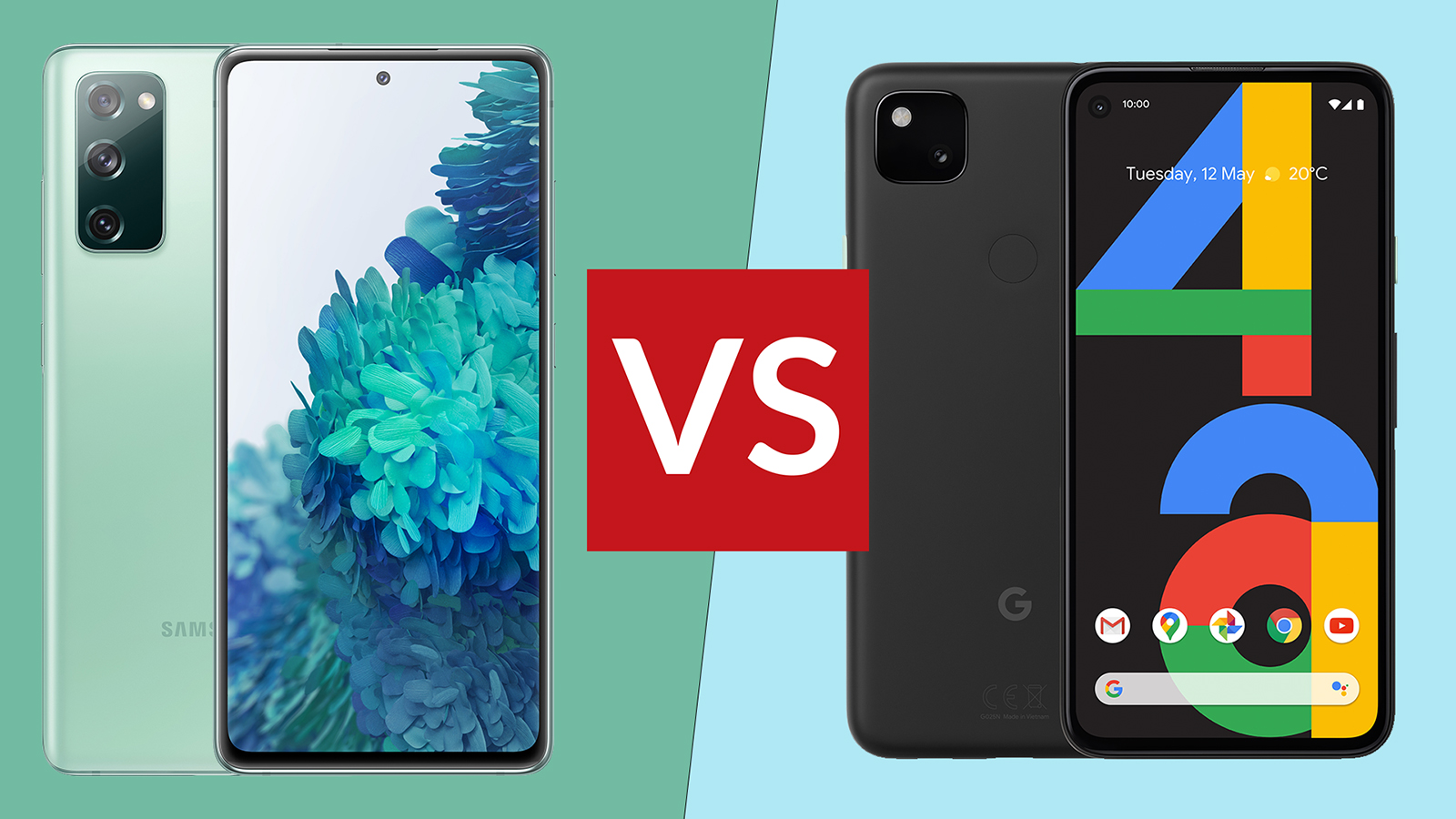
Anyone looking for the best Android phones has to consider the Samsung Galaxy S20 FE 5G and the Google Pixel 4A – especially if you're looking for a bargain on these older phones.
Both these handsets have qualities and features you would expect from the best smartphones on the market: superior build quality, impressive camera quality, and enough performance under the hood to get through everything you need to do.
Whatever you want to know about the Samsung Galaxy S20 FE 5G versus the Google Pixel 4A – battery life, software, internal specs, how many megapixels the cameras feature – we're going to fill you in, to help make your buying decision more straightforward. We also have our individual Pixel 4a review and Samsung Galaxy S20 FE 5G review, if you want to dig even further into either model.
Samsung Galaxy S20 FE 5G vs Google Pixel 4A: design and screen
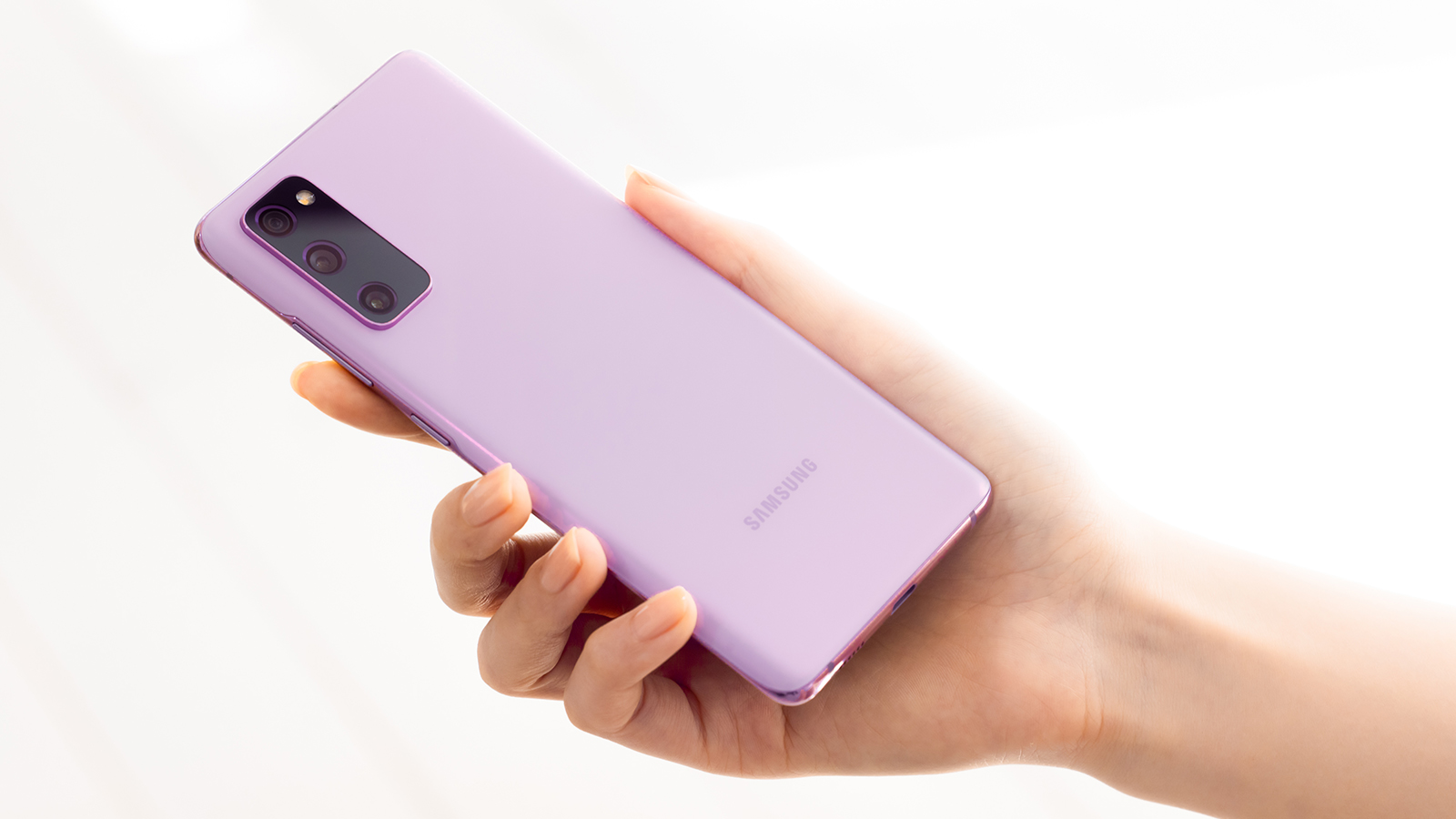
The Samsung Galaxy S20 FE 5G.
The first difference to talk about is the size of these devices, dictated by the size of their OLED screens: the display on the Samsung Galaxy S20 FE 5G measures 6.5 inches from corner to corner, whereas the Google Pixel 4A display comes in at a more pocket-friendly 5.8 inches. The Samsung panel runs at a resolution of 1080 x 2400 pixels, with a 120Hz refresh rate, while the Pixel 4A screen has a 1080 x 2340 resolution but just a standard refresh rate of 60Hz.
Get these phones side by side and there's no doubt that the Galaxy S20 FE 5G is the flashier and more high-end of the two, from the finish to the screen to the curves. The Google handset is by no means a bad-looking device, but you can tell at a glance that it's more of a budget model – if you want something that could pass for a premium flagship, the Samsung phone could be the one for you.
The Galaxy phone is available in a host of cool colours too – Cloud Lavender, Cloud Mint, Cloud Navy, Cloud White, Cloud Red and Cloud Orange. The Pixel 4A, in contrast, sticks with Just Black or Barely Blue, so if you want any other shades besides those fairly standard options, you'll need to invest in a case.
You do get a 3.5mm headphone jack on the Google Pixel 4A, which is something of a rarity these days, but you don't get the IP68 waterproofing and dustproofing that the Samsung Galaxy S20 FE 5G brings to the table. The Google phone has a fingerprint sensor on the back while the Samsung phone embeds it under the screen, and both these handsets have a punch hole notch in the display for the selfie camera, with the rear camera positioned in the top left corner around the back.
Get all the latest news, reviews, deals and buying guides on gorgeous tech, home and active products from the T3 experts
Samsung Galaxy S20 FE 5G vs Google Pixel 4A: camera and battery
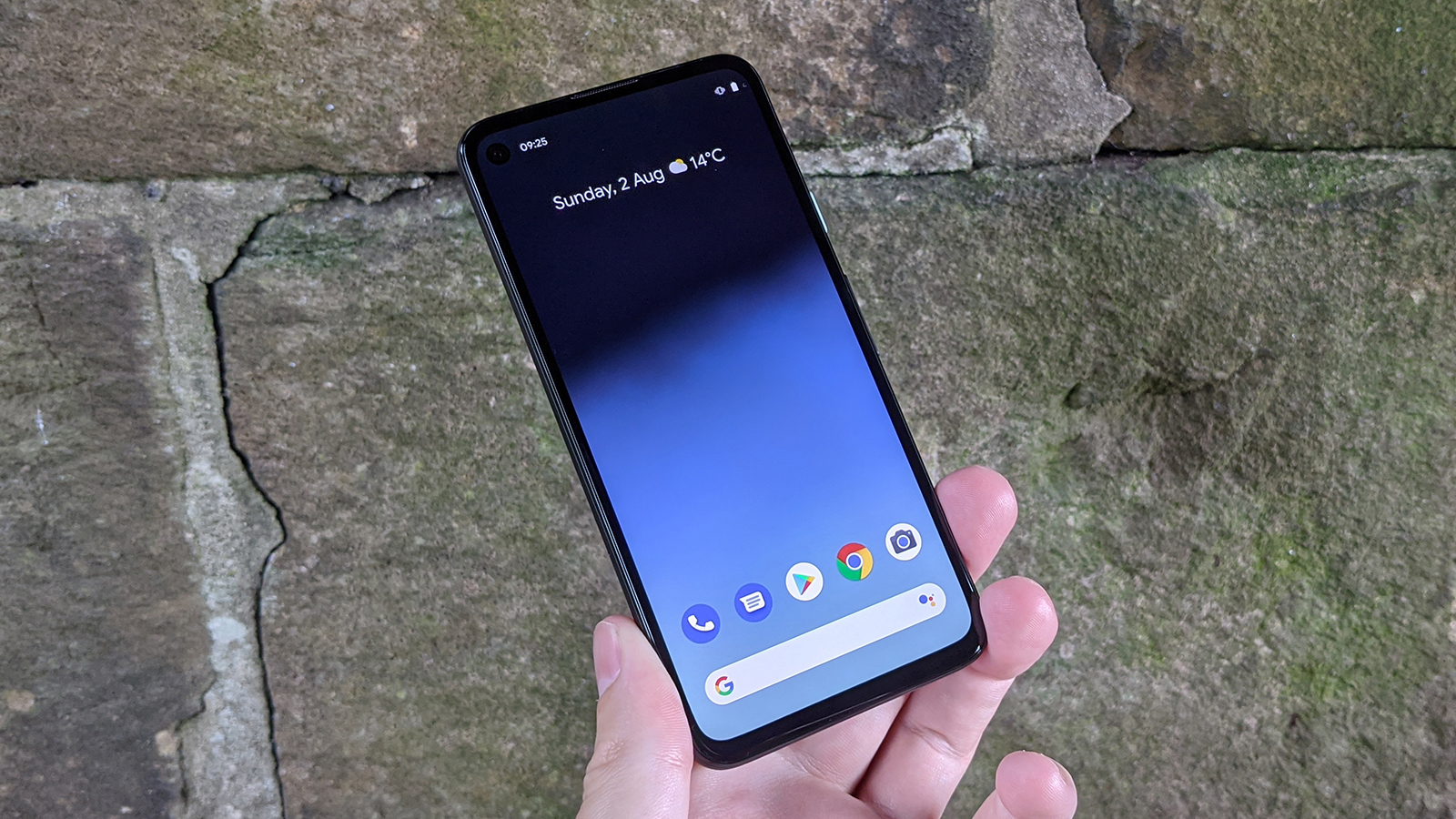
The Google Pixel 4A.
The Samsung Galaxy S20 FE 5G comes equipped with a triple-lens 12MP+12MP+8MP, giving you optical image stabilisation, 3x optical zoom, and an ultrawide mode. HDR processing is built in, and you can record videos at up to a resolution of 4K at 60 frames per second. Around the front, we've got a single-lens 32MP selfie camera. Check out our full Samsung Galaxy S20 FE review for some sample images taken with the phone.
Over on the Google side of the fence, the Pixel 4a uses just a single-lens 12.2MP rear camera: it has optical image stabilisation and HDR processing, but there's no optical zoom capability and no ultrawide mode. Video tops out at a resolution of 4K at 30 frames per second. On the front of the device there's a single-lens 8MP selfie camera. You can see some sample images from the handset in our full review.
On paper it's a clear win for Samsung, but the Pixel line is known for its excellent image processing – especially in the dark. The way the Pixel 4a can capture and process shots means it can get results that are almost as good as the Galaxy S20 FE 5G, and actually surprise it in some cases. No matter what you're taking a photo of, or what the lighting conditions are, the cameras on both the Samsung Galaxy S20 FE 5G and the Google Pixel 4A will serve you well.
In terms of battery life, both phones can easily make it through a full day on a single charge – the Samsung phone has a bigger battery capacity at 4,500 mAh than the 3,140 mAh on board the Google phone, but then it does have a bigger screen and a more powerful processor to cope with. The Galaxy S20 FE 5G does have the edge with charging, offering 25W wired charging and 15W wireless charging against the 18W wired charging available on the Pixel 4A.
Samsung Galaxy S20 FE 5G vs Google Pixel 4A: specs and features
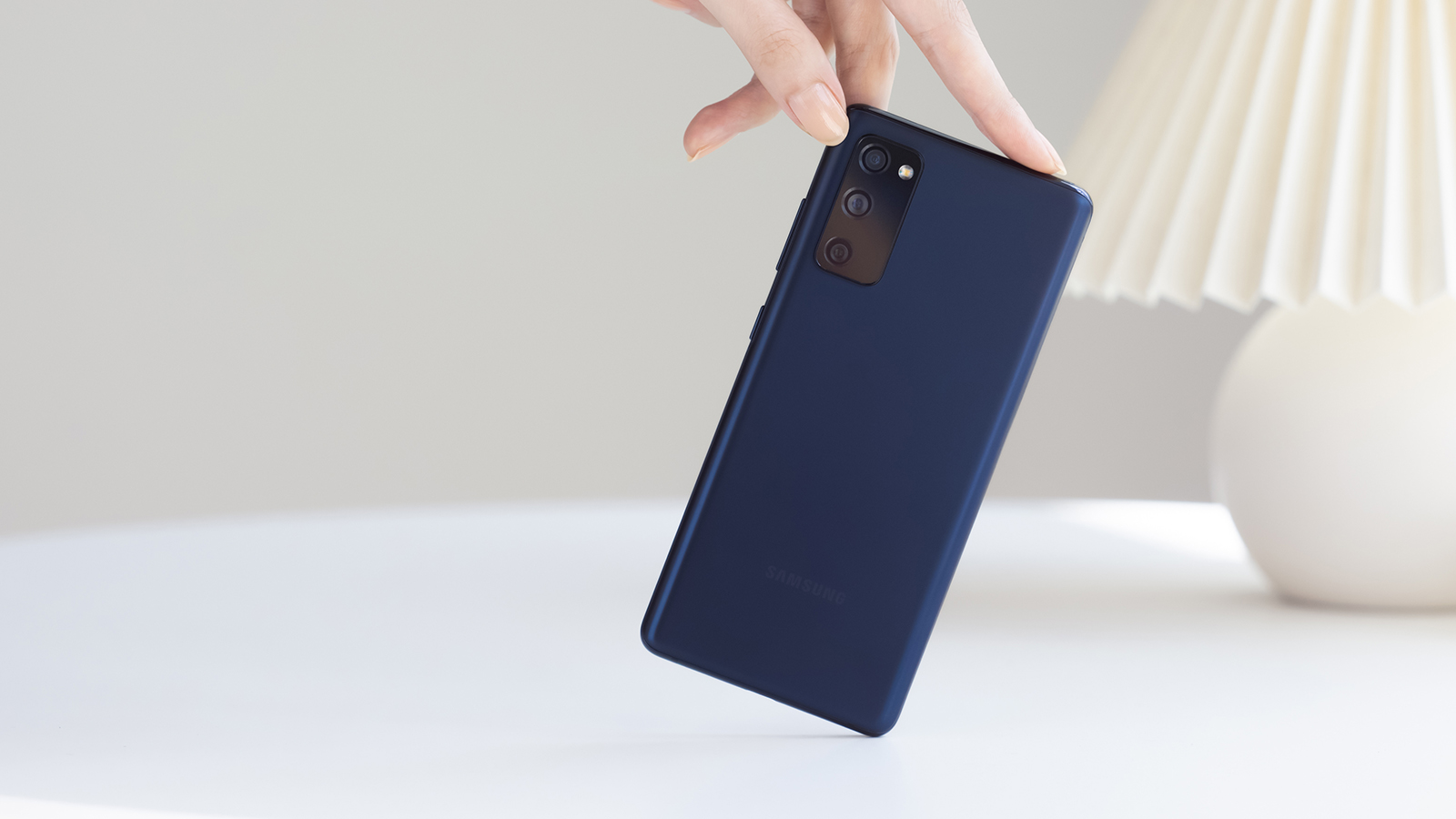
The Samsung Galaxy S20 FE 5G.
It's fair to say the Samsung Galaxy S20 FE 5G is the more powerful phone here, though the Google Pixel 4A is a respectable mid-ranger. The Galaxy phone brings with it a Snapdragon 865 processor, 6GB or 8GB of RAM, and 128GB or 256GB in terms of built-in storage – and you can expand that with a memory card.
The Google Pixel 4A has a somewhat slower Snapdragon 730G processor on board, paired with 6GB of RAM and 128GB of internal storage (and there's no memory card slot to expand that internal storage either). While the Pixel 4A is still more than capable of running all your apps at a more than satisfactory speed, the extra power on board the Samsung device makes for the smoothest experience overall.
As you can tell by the names of these devices, the Samsung phone offers next-gen 5G connectivity, which is optional on the Pixel 4a – there's a cheaper version without 5G, or a slightly more expensive version with it (you can read our full Google Pixel 4a 5G review here). 5G isn't really an essential quite yet, but as the network upgrades roll out across the world, you'll probably want to take advantage of the improved download and upload speeds sooner rather than later.
The Pixel 4A actually comes with Android 10 on board, though you'll get an Android 11 update as soon as you connect it to Wi-Fi – the speed with which you receive Android updates, and the clean, stock version of Android that Google puts out, is one of the key advantages of getting a Pixel phone. The Samsung Galaxy S20 FE 5G also comes with Android 10 but can be upgraded to Android 11 right away, with Samsung's One UI 3.0 on top – which is a little more bloated and cluttered than the software on the Pixel.
Samsung Galaxy S20 FE 5G vs Google Pixel 4A: price and verdict
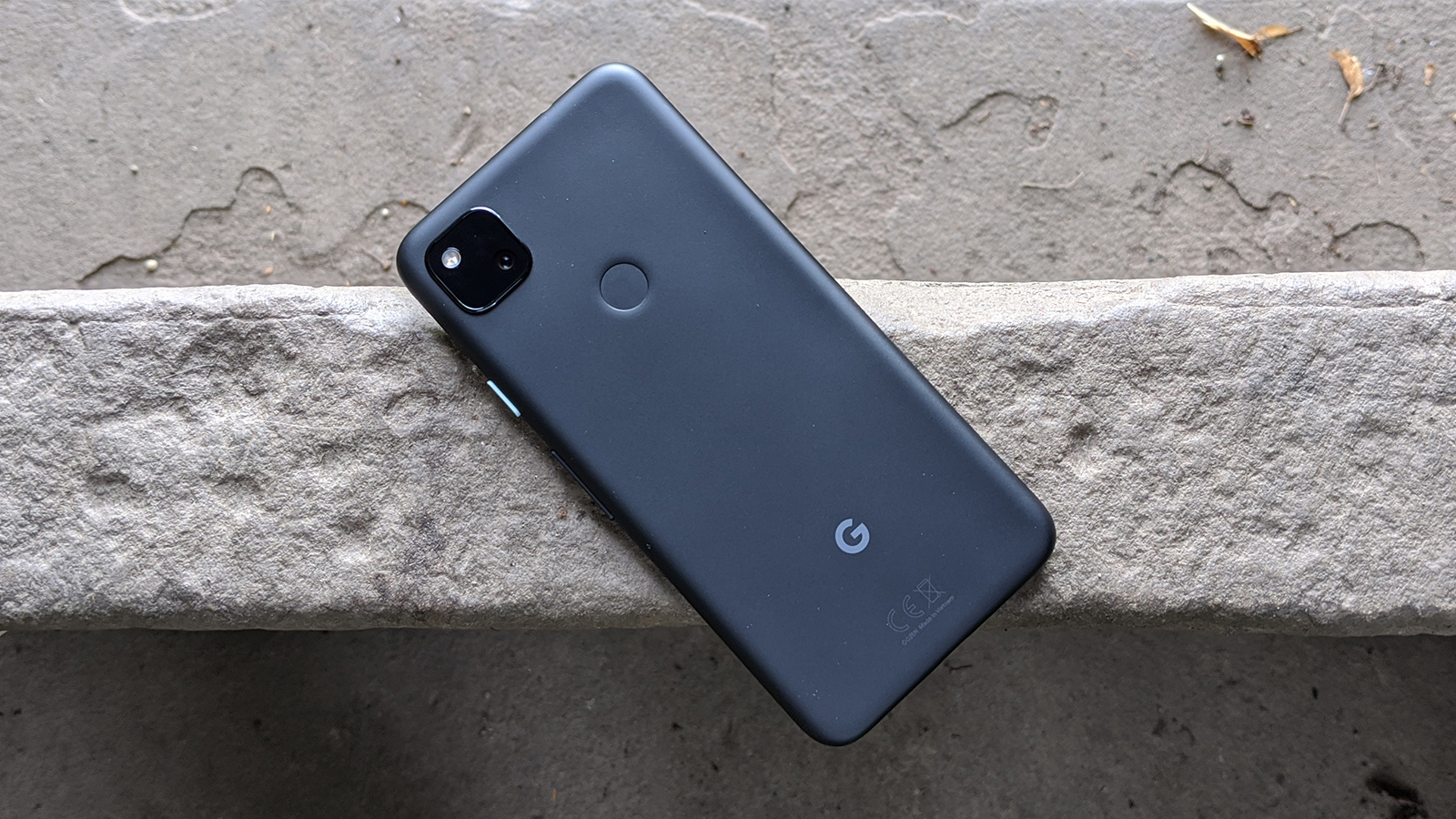
The Google Pixel 4A.
We've mentioned a few areas where the Samsung Galaxy S20 FE 5G edges out the Pixel 4A from Google – in terms of the size of the screen, some of the camera capabilities, and the performance – but we haven't yet mentioned the price. Check the widgets on this page for the latest online deals, but if you do some shopping around you're likely to find that the Google phone is significantly more affordable.
At launch you could pick up the Google Pixel 4A for £/$349, while the Samsung Galaxy S20 FE 5G will cost you more in the region of £/$699.99. That sums up these phones really – the Pixel 4A is an affordable mid-range-to-budget option that gives you a lot for your money, while the Samsung Galaxy S20 FE 5G is pushing towards the premium-level flagships. It's your choice which you go for.
Both phones scored highly in our reviews, and you can't really go wrong with either of these handsets: they'll both give you very good performance, and impressive photos and videos, and the latest version of Android. It's fair to say that you get more in the way of extras with the Samsung handset though – it comes with 5G, and wireless charging, and it also has waterproofing protection that the Pixel 4A doesn't have.
There are a lot of very good handsets around at both the price points the Samsung Galaxy S20 FE 5G and the Pixel 4A find themselves at – just above and just below what you would consider to be the main mid-range. Even with all that competition though, these two devices stand out: you just need to decide how much you want to spend, and how big you need your phone to be.
Dave has over 20 years' experience in the tech journalism industry, covering hardware and software across mobile, computing, smart home, home entertainment, wearables, gaming and the web – you can find his writing online, in print, and even in the occasional scientific paper, across major tech titles like T3, TechRadar, Gizmodo and Wired. Outside of work, he enjoys long walks in the countryside, skiing down mountains, watching football matches (as long as his team is winning) and keeping up with the latest movies.
